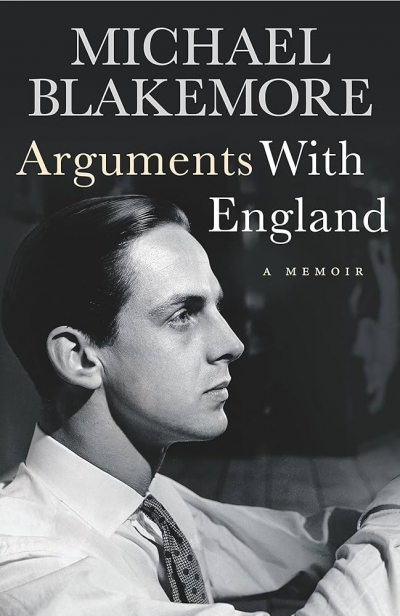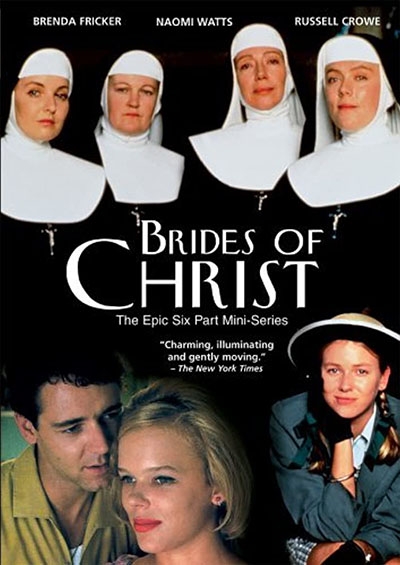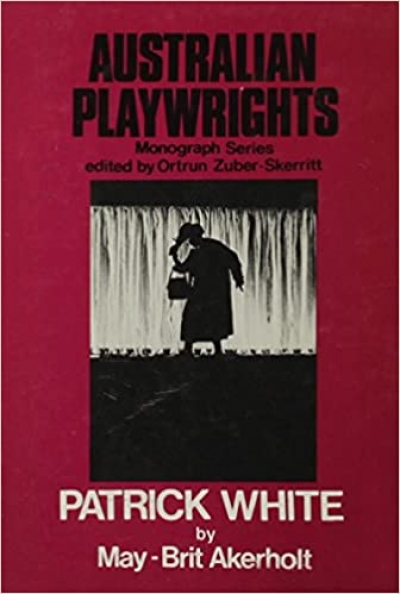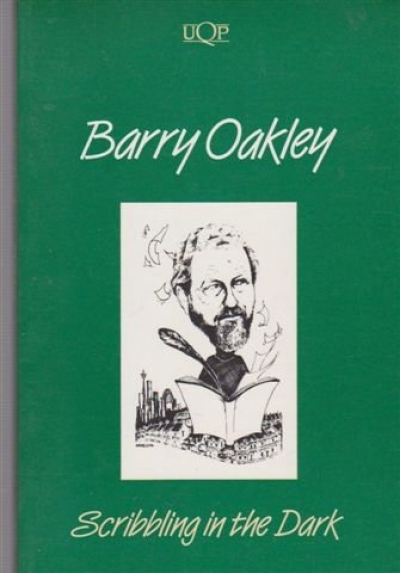Accessibility Tools
- Content scaling 100%
- Font size 100%
- Line height 100%
- Letter spacing 100%
Theatre
The ABR Podcast
Released every Thursday, the ABR podcast features our finest reviews, poetry, fiction, interviews, and commentary.
Subscribe via iTunes, Stitcher, Google, or Spotify, or search for ‘The ABR Podcast’ on your favourite podcast app.
The red thread: Xi Jinping’s ideology of power
by Neil Thomas
This week on The ABR Podcast, Neil Thomas reviews On Xi Jinping: How Xi’s Marxist Nationalism is shaping China and the world by Kevin Rudd. Thomas explains that even China watchers find it hard to be clear on the thoughts and plans of the leader of the Chinese Communist Party. They disagree, he tells us, on basic, critical questions, such as for how long Xi will rule. ‘Enter Kevin Rudd’, Thomas writes. ‘In his latest book, former prime minister Kevin Rudd adds a worthy new chapter to his life of public service, digesting thousands of pages of “Xi Jinping Thought” so that you do not have to’. Neil Thomas is a Fellow on Chinese Politics at Asia Society Policy Institute’s Center for China Analysis in Washington DC. Here is Neil Thomas with 'The red thread: Xi Jinping's ideology of power' by Neil Thomas, published in the December issue of ABR.
Recent episodes:
A review of Hannie Rayson’s Two Brothers, first performed by the Melbourne Theatre Company in April 2005. The Sydney Theatre Company is presenting the same production at the Drama Theatre, Sydney Opera House, until July 2. It then moves to Canberra’s Playhouse (July 14 to 23).
Not so long ago, Melbourne theatre-goers would say of Sydney audiences, ‘If it moves, they’ll clap it.’ These days, it would seem, Melbourne is the new Sydney. No snobbish snipes at the northerners’ perceived lack of sophistication will wash any longer; such parochial bigotries have been found out. No extensive cultural investigation was required to expose the hypocrisy. A visit to the Melbourne Theatre Company’s recent production of Hannie Rayson’s latest play, Two Brothers, would do. As dud joke followed dud joke, the evidence mounted. As one preposterous scenario begat another in a genre-jumble of farce (though not intended to be farce, I fear) and political thriller (or lame attempt at it), Sydney took on a cultural loftiness I’d never noticed before – and I grew up there and admit to lowbrow parentage. When, at the end of Two Brothers, the audience cheered and applauded, there could be no doubt: the play moved, and they clapped it.
... (read more)









